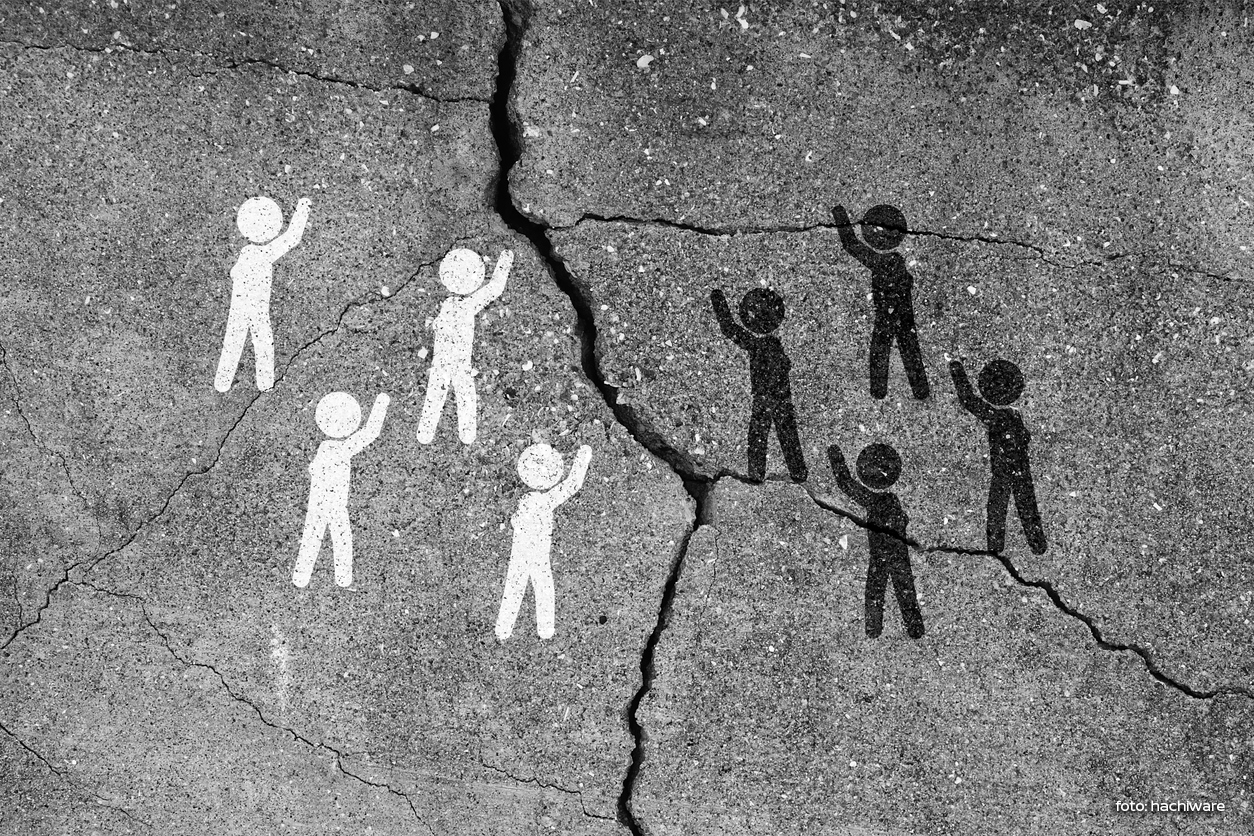
“Genocidal Nations” – How WWII, the Yugoslav Wars and the Present Interact in Serbia and Croatia
By: Eva Hasel The memory politics surrounding World War II in the Balkans, especially in Serbia and Croatia, have been deeply contentious since the

By: Eva Hasel The memory politics surrounding World War II in the Balkans, especially in Serbia and Croatia, have been deeply contentious since the
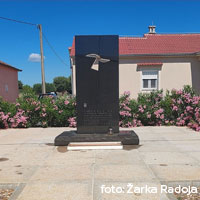
By: Žarka Radoja Formerly high officials of Republika Srpska Krajina Milan Martić and Milan Babić were convicted by the Hague Tribunal for the crime
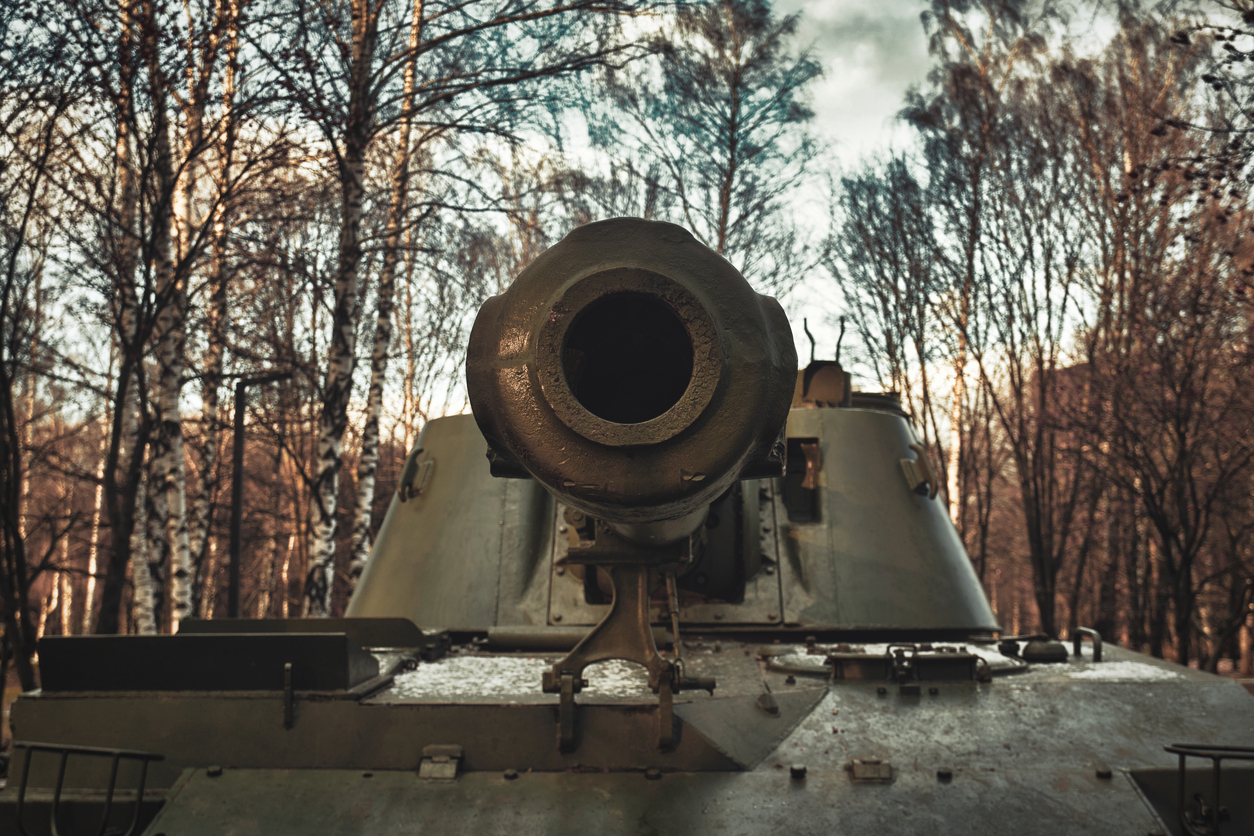
By: Saša Ilić Memory politics concerning the 1990s have for decades now remained unidirectional, invariably based on victimisation, and accompanied by the parallel construction
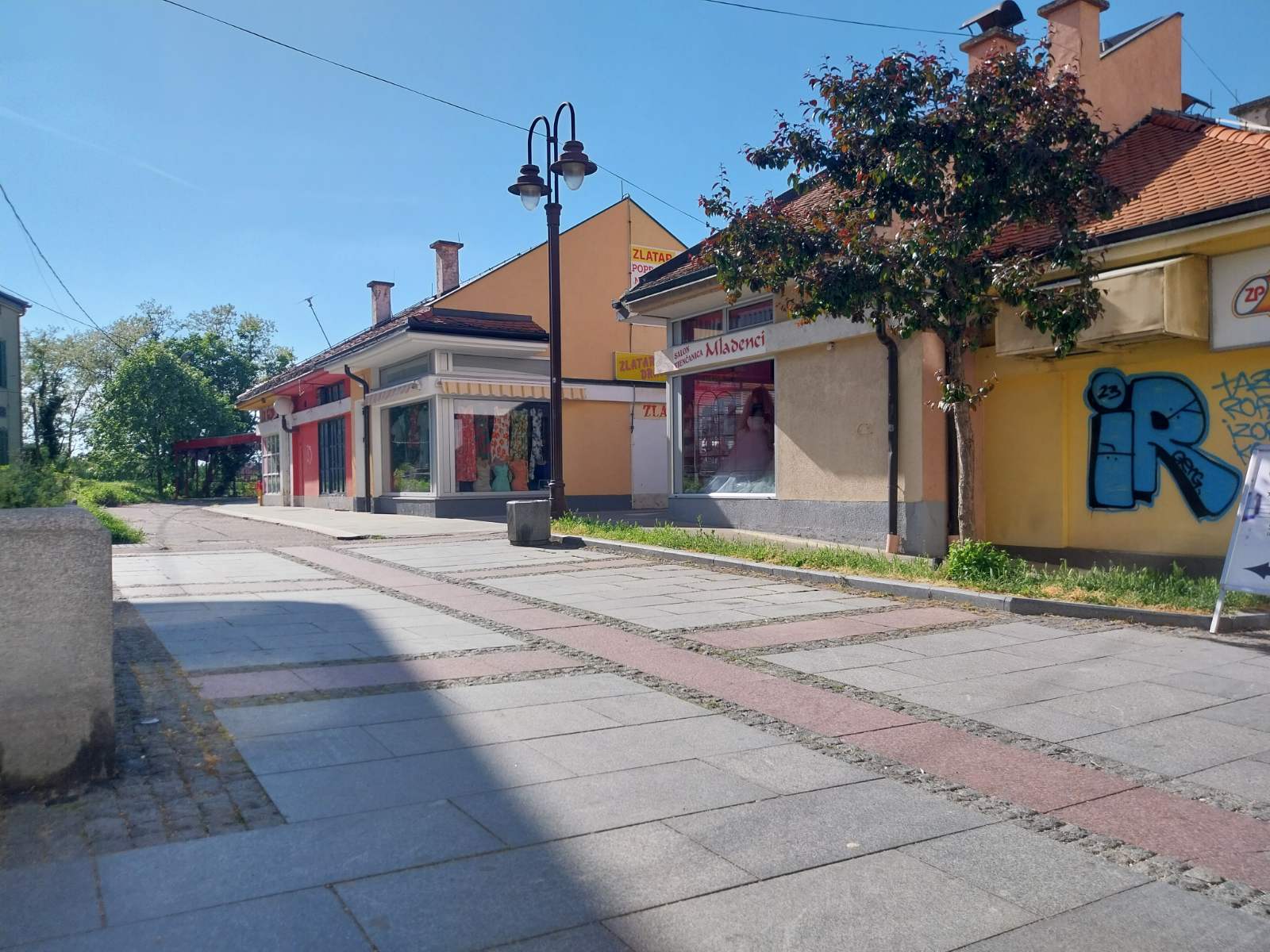
By: Edvin Kanka Ćudić Every day, the locals walk down the Brčko promenade. The view of the Craftsmen’s Centre takes them back to the
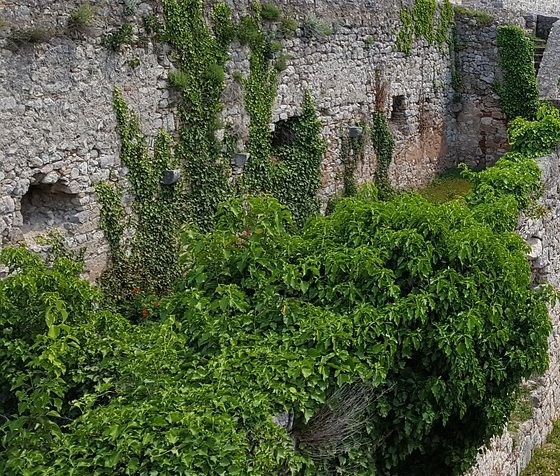
By: Sven Milekić In a decade since joining the EU and the acquittal of generals accused of war crimes, Croatia petrified its memory of
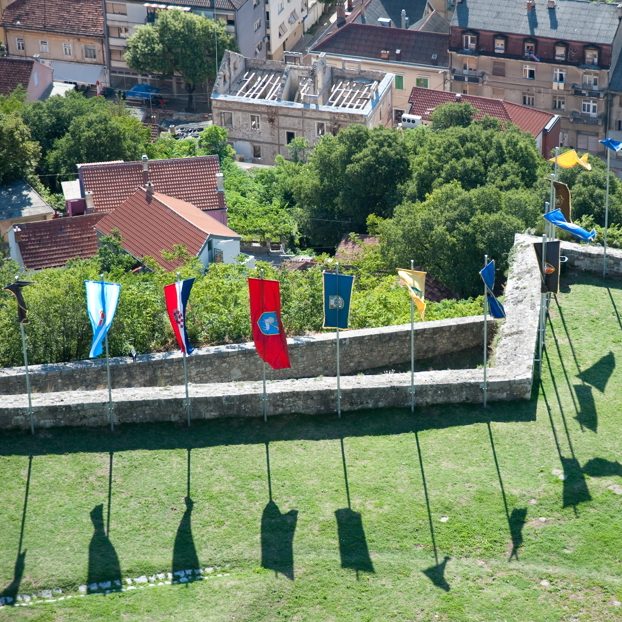
By: Sven Milekić While the 2021 marking of 1991 wartime events repeated numerous facets of contemporary Croatian nationalism, government officials kept away from demonising
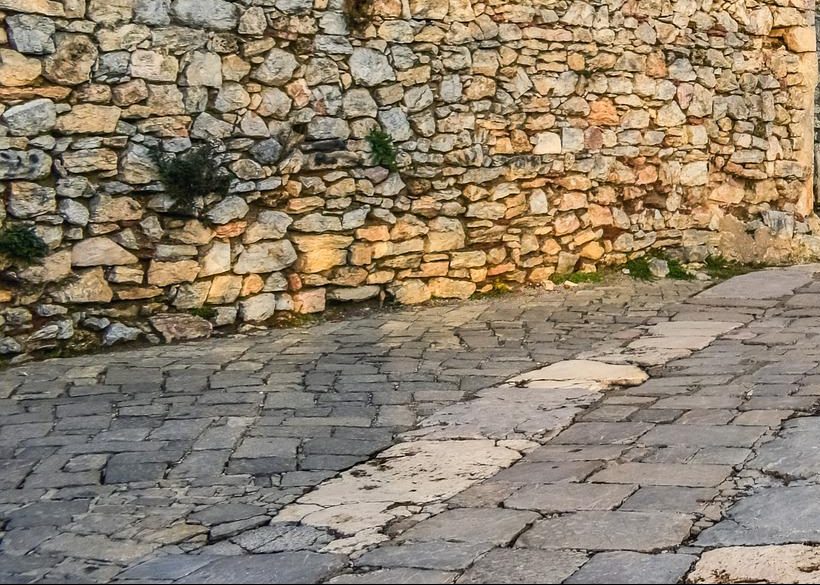
By: Naum Trajanovski 13 August 2022 marked the 21st anniversary of the so-called Ohrid Framework Agreement (OFA) – the ceasefire settlement that ended the
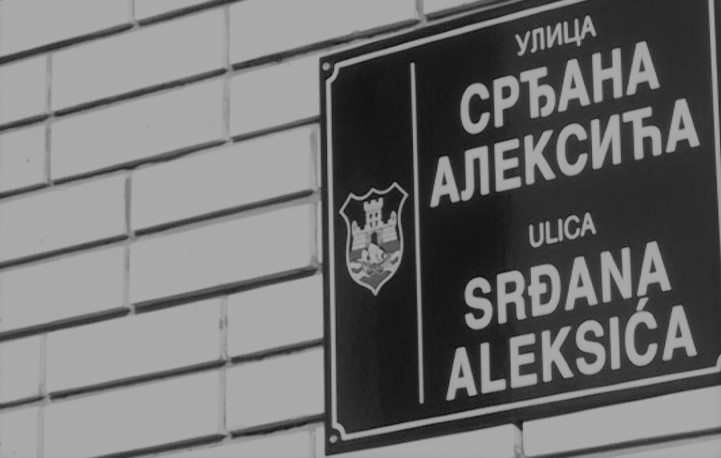
Selfless heroism and self-sacrifice for the good of the other are possible in a variety of circumstances, but the act of saving someone in wartime
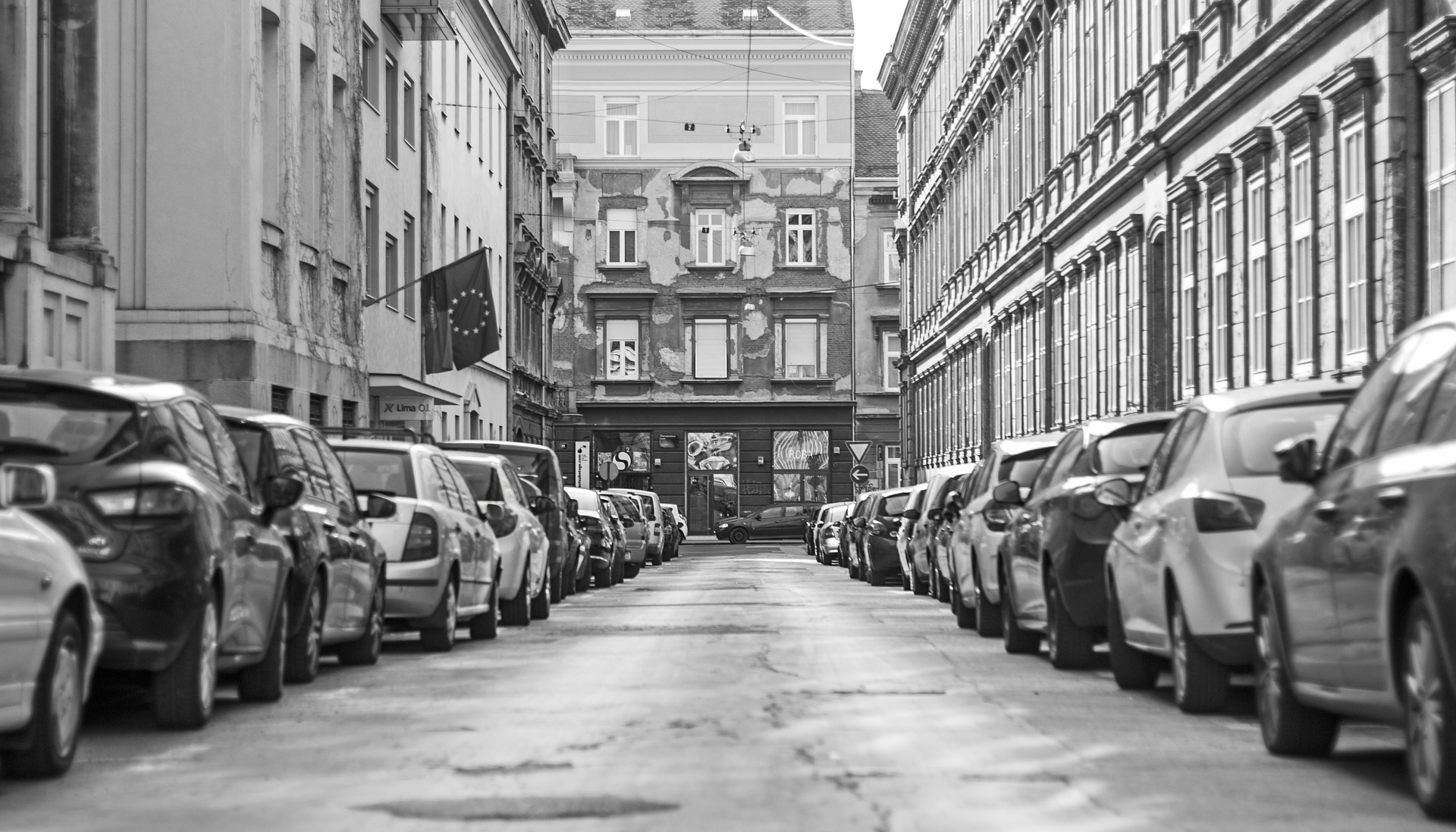
By: Branka Vierda A festive atmosphere marked the beginning of December 2021 in Zagreb. At the end of the second year of the pandemic

Groups of young men in hoods are on duty day and night in the Belgrade municipality of Vračar, guarding a mural dedicated to genocide and